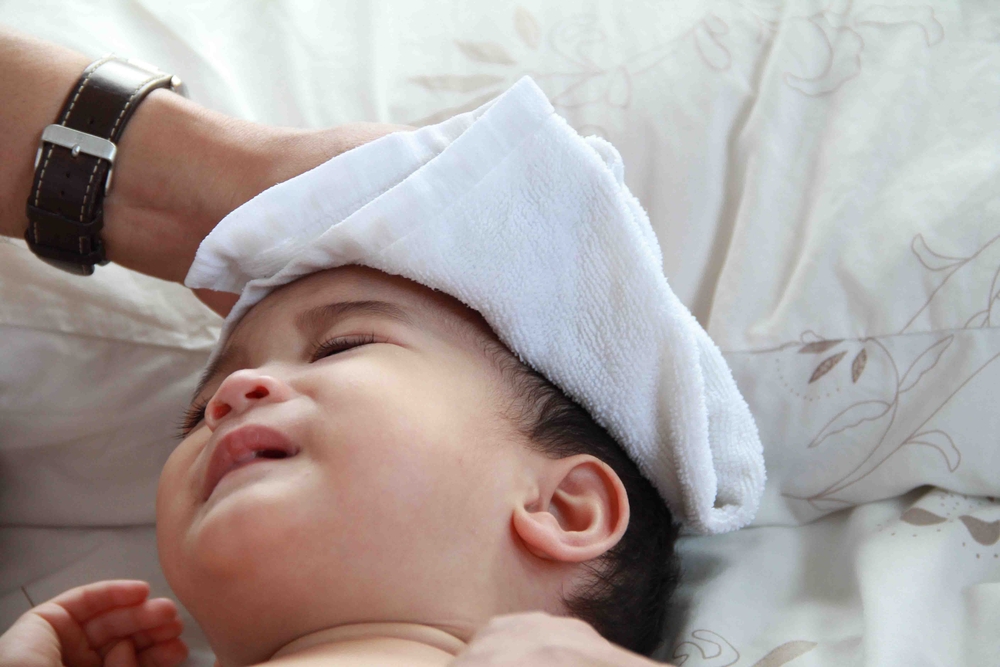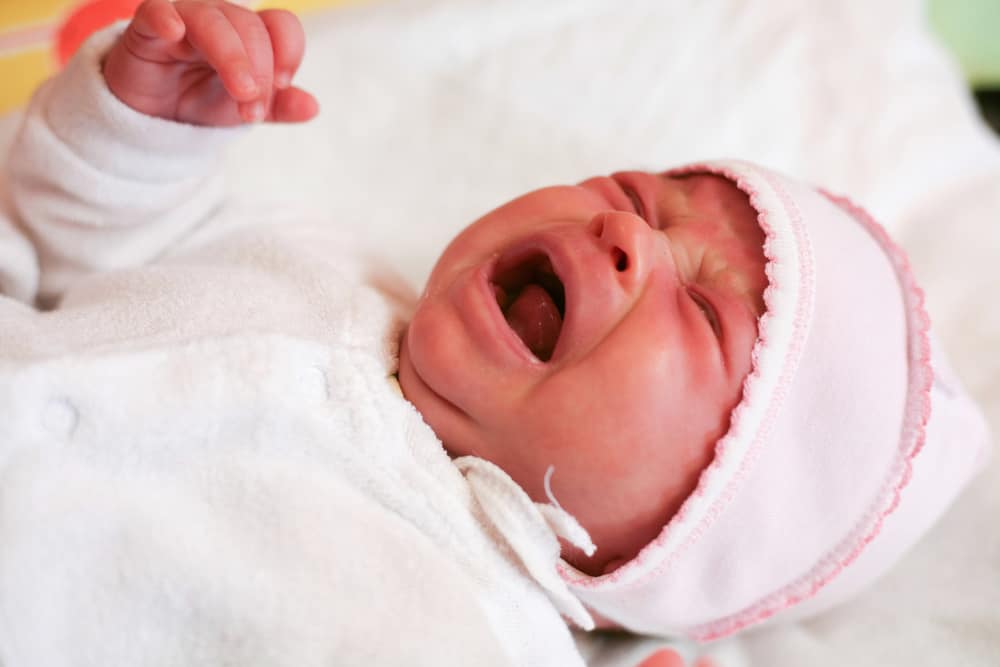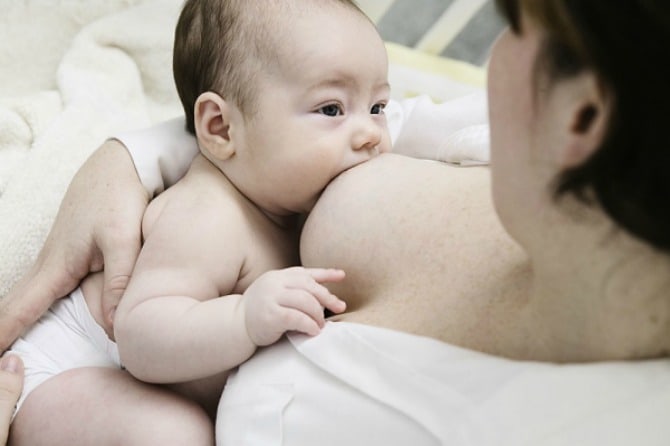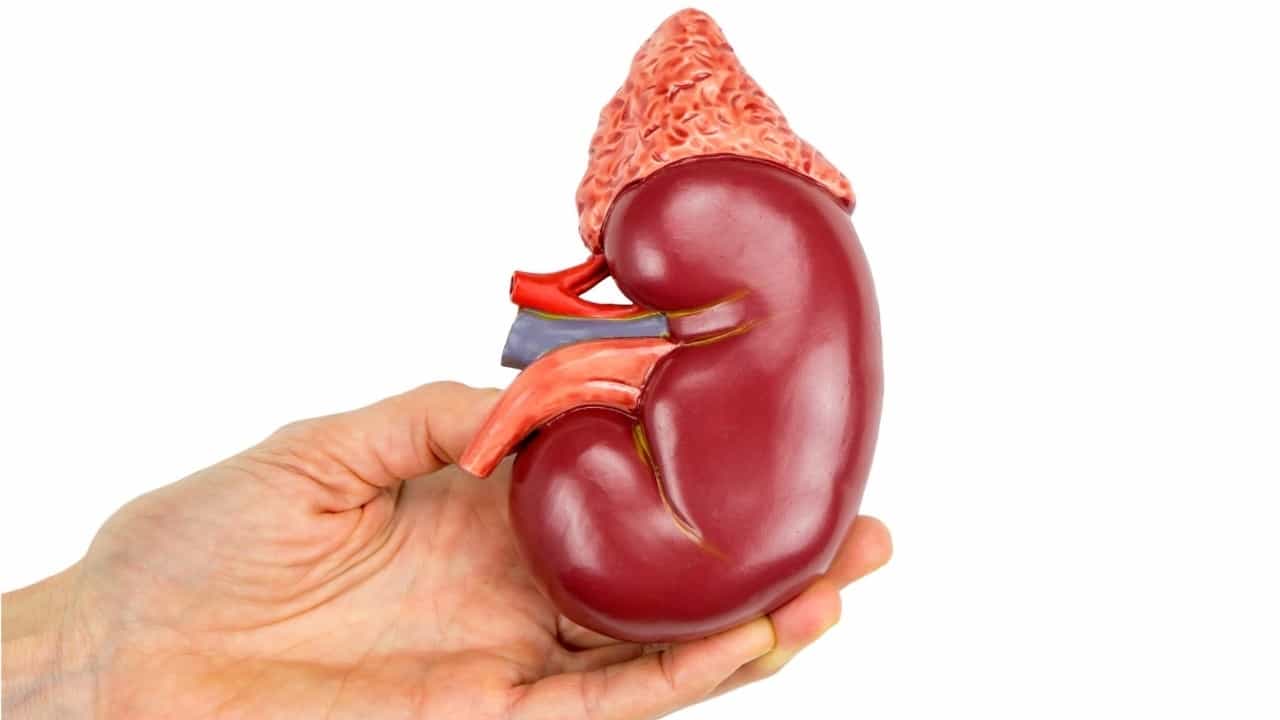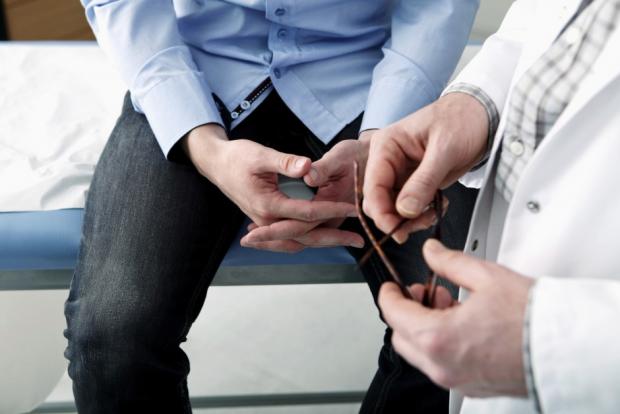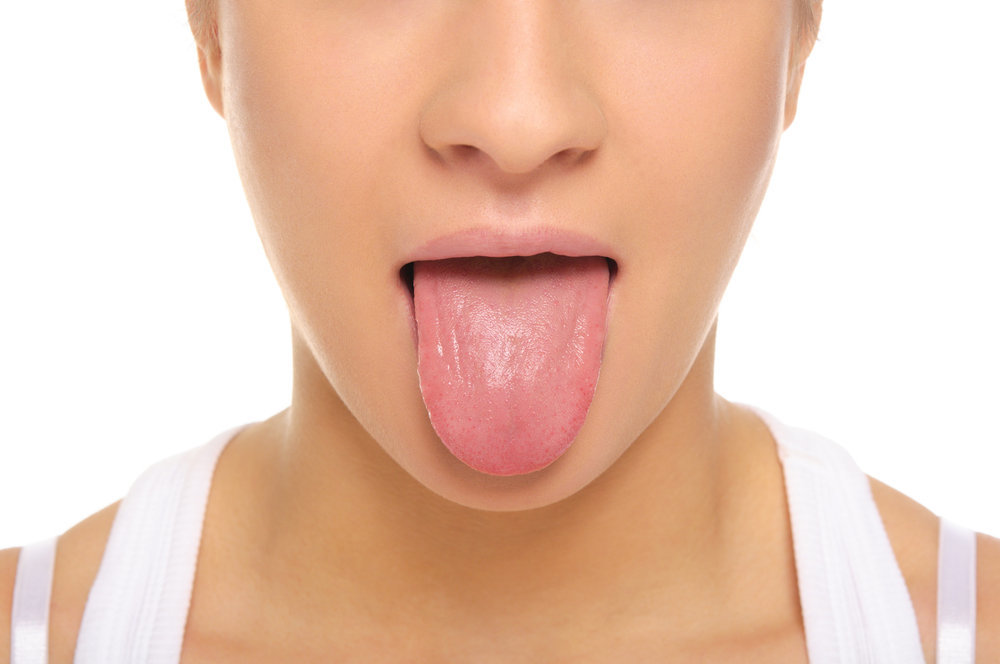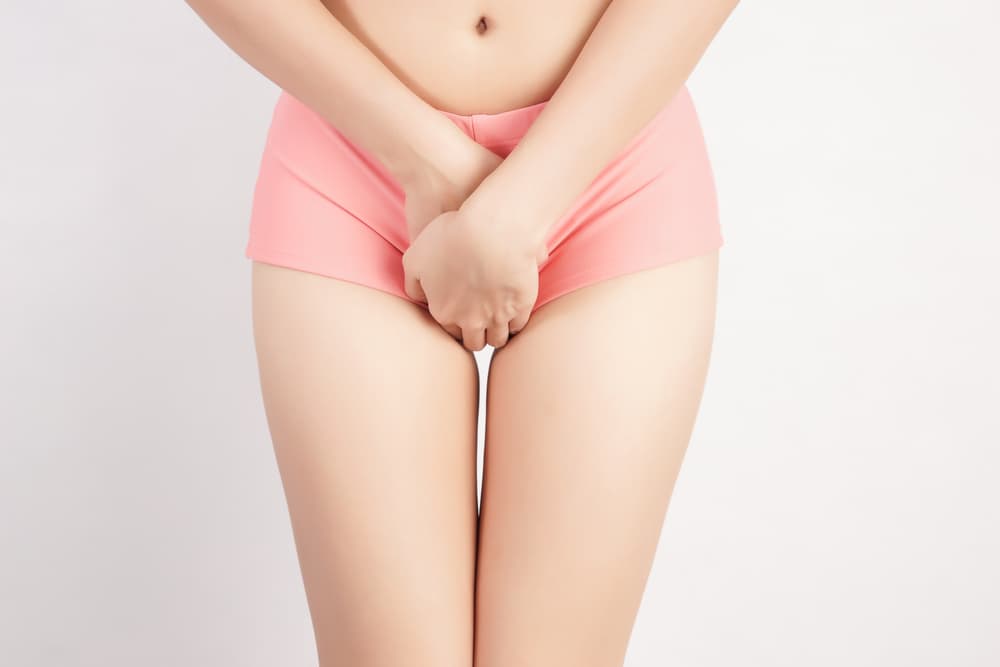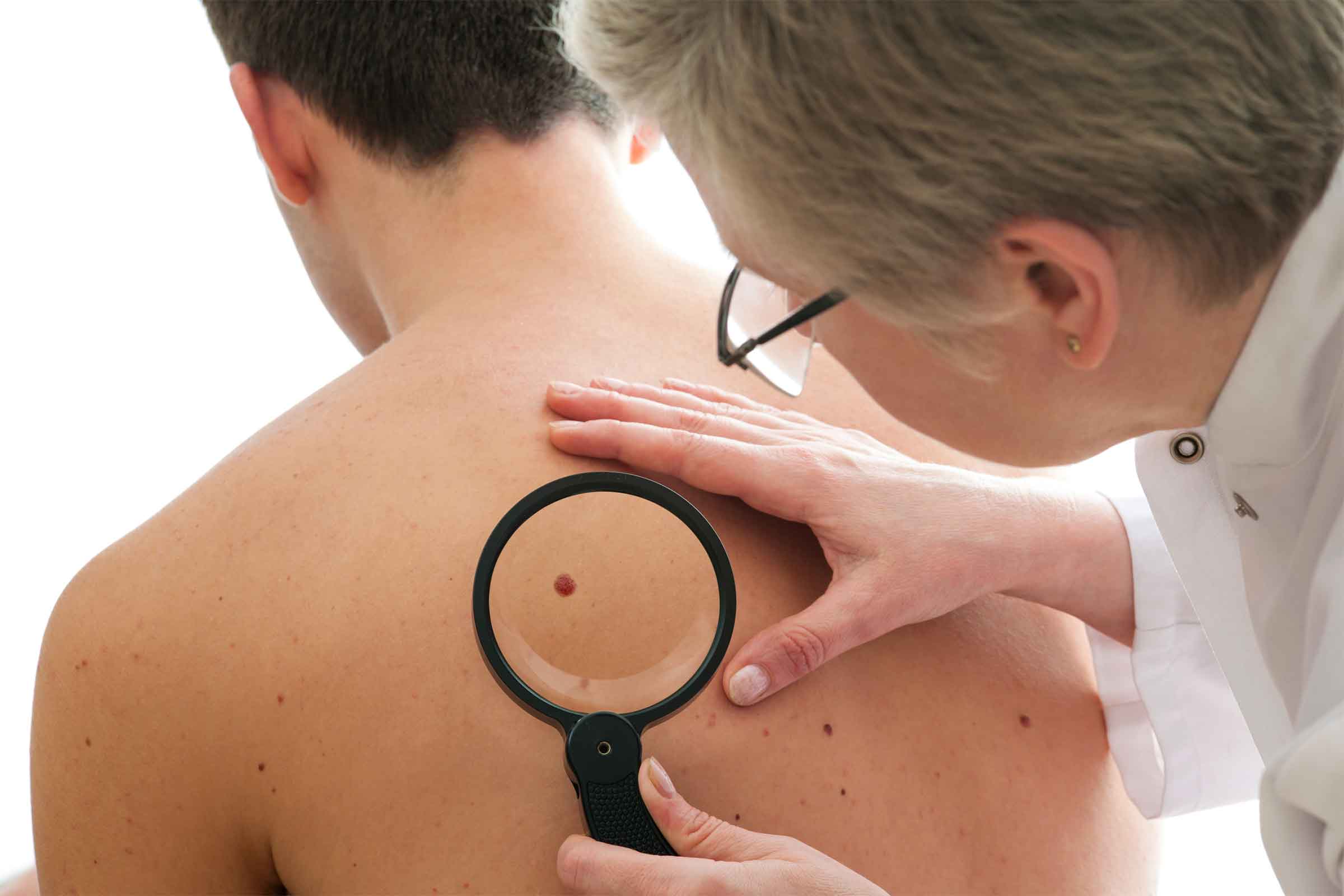Contents:
- Medical Video: 9 Main Meningitis Symptoms You Should Know About
- What are the symptoms of meningitis in infants?
- Causes of meningitis in infants
- Some viruses that can cause meningitis
- Some bacteria cause meningitis in infants
- Is there prevention that can be done?
- For newborns up to the age of two months extra protection must be given, such as:
Medical Video: 9 Main Meningitis Symptoms You Should Know About
Meningitis is a condition that causes inflammation of the lining of the brain (meninges). Infants and toddlers are the group most vulnerable to meningitis, because more than 50 percent of cases of meningitis occur in this group. In fact, according to the American Academy of Pediatrics babies who are less than two months old are very at risk of developing this disease. So, what are the symptoms and causes of meningitis in infants? Can it be prevented?
What are the symptoms of meningitis in infants?
Symptoms of meningitis in infants initially do not look alarming. Some babies may only appear to be tired and more fussy. But after that, meningitis can develop seriously quickly. Various symptoms will then appear.
Common symptoms of infantile meningitis are:
- The head is swollen, due to the prominent fontanel (soft spot above the head).
- Fever.
- Cold hands and feet, but warm body temperature.
- Babies shiver when it's not too cold.
- Baby's neck becomes stiffer.
- Cranky and crying especially when picked up.
- Vomiting continuously.
- Refuse when fed.
- Very sleepy, until the baby is difficult to wake up.
- Red or dark rashes on the baby's body.
- A high-pitched cry.
- Jaundice (yellowish skin).
- Suction from the baby's mouth is weakened.
If you have seen a fever baby, appear ill, and have a rash, immediately seek medical treatment. If your doctor suspects your baby has meningitis, the doctor will do a CT scan, blood test, urine test, and lumbar puncture to detect the presence of bacteria in the baby's brain fluid.
This disease must be dealt with immediately, otherwise it will cause other health problems in the baby, such as deafness, blindness, late development, unable to speak, problems with the baby's muscles, seizures, and even death.
Causes of meningitis in infants
The most common cause is due to bacteria and viruses. Meningitis bacteria are usually more dangerous than meningitis viruses, but both still need medical care as soon as possible.
Some viruses that can cause meningitis
- Non-polio enteroviruses. This virus is most often spread by contact with dirt, saliva, or snot from the nose.
- Influenza virus. The virus spreads through coughing, sneezing, and contact with people who are infected with influenza.
- Herpes simplex virus (HSV). A person can spread HSV to a baby through kissing, even when an infected person does not have any symptoms. Newborns can also get the virus from their mothers during the birth process.
- Varicella-zoster virus. This virus is very contagious and causes smallpox and rashes. This virus often spreads through breathing, talking, or contact with someone who is infected with this virus.
- Measles and mumps. The virus from this disease is very contagious and can spread when talking, coughing, sneezing.
Some bacteria cause meningitis in infants
- Group B streptococcus is transmitted from mother to newborn baby.
- Escherichia coli. These bacteria also spread from mother to baby during labor if the mother is contaminated with this bacteria from food.
- Streptococcus pneumoniae and Hemophilus influenzae type b. These bacteria generally spread through coughing and sneezing.
- Listeria monocytogenesis spreads through contaminated food. The fetus can be infected as long as the mother consumes food contaminated with this bacterium.
- Neisseria meningitidis. These bacteria can spread through adult saliva to babies.
Is there prevention that can be done?
Indeed, not 100 percent prevention can be done. But at least the most important thing is never to miss vaccines for your baby. The polio vaccine, measles, mumps, varicella (chickenpox), influenza, and all other baby vaccines are very useful for protecting babies from virus attacks.
In addition to carrying out a complete vaccine, it is also important to always keep the baby clean so as to prevent the spread of the virus. This can be done by:
- Wash your hands well and often, especially after using the toilet, changing diapers, and before preparing food and drinks, and make sure the child is always washing hands
- Avoid sharing drinks, food, cutlery, toothbrushes with babies.
- Clean the surface of children's toys and other items with disinfectants.
For newborns up to the age of two months extra protection must be given, such as:
- Keep the baby with someone who is sick or who is coughing, sneezing, or not feeling well.
- Keep the baby away from the crowd of very many people
- Wash hands before preparing all baby equipment
- Ask others to wash their hands before holding the baby and to avoid touching the baby's face.
- Take care of the baby from mosquito bites especially from dusk to dawn. If the baby is outside, use long-sleeved clothes and pants, also use the safest mosquito repellent for babies.
- Do not leave the baby exposed to cigarette smoke.

